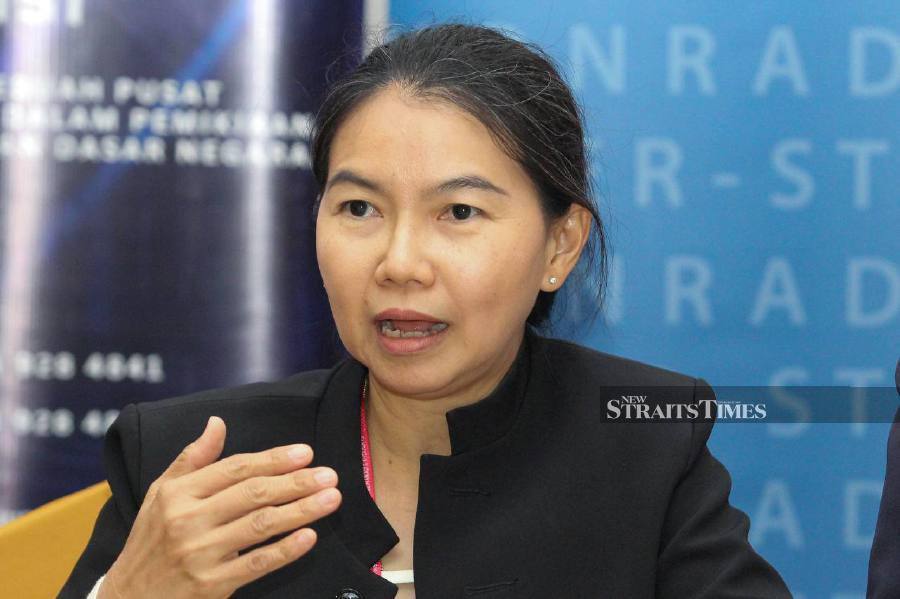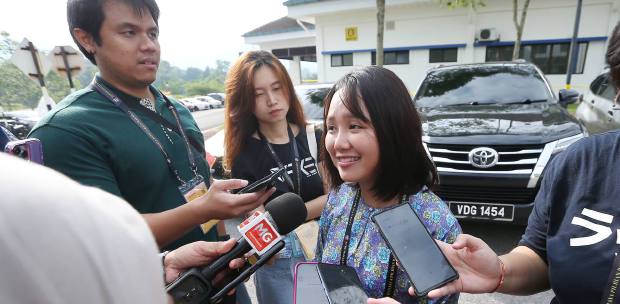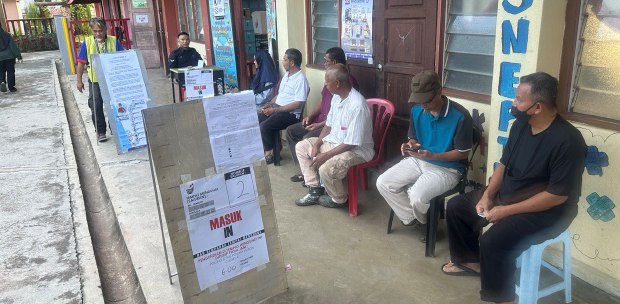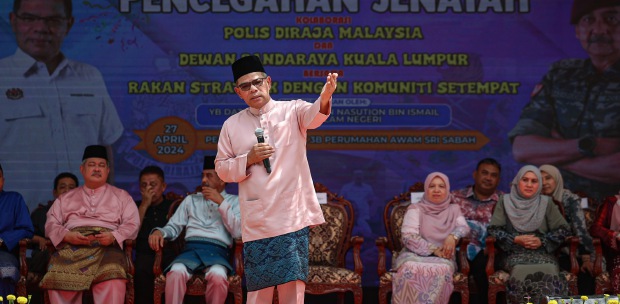ALOR STAR: Female political leaders from government and opposition parties are calling for a stronger push towards achieving the minimum target of 30 per cent women's representation in politics.
The proposal to set the minimum quota is meant to boost the involvement of women leaders in state legislature, parliamentary sessions, and the Dewan Negara.
Pakatan Harapan's (PH) Indera Kayangan state assemblywoman Gan Ay Ling stressed that the quota should not merely be a policy agreed upon by political parties but should be legally enforced to empower female leaders.
"Female candidates must also receive equal treatment. We can't simply dismiss certain constituencies lacking chances for a party to win, therefore assigning them to women candidates.
"It must be based on suitability. If a woman stands out in a particular area and has a viable chance of winning, she deserves to be nominated," she said during a press conference at the AccelarateHER Leadership Lab Programme held here yesterday.
The programme organised by Universiti Utara Malaysia's Tun Dr Mahathir Institute of Thought (IPDM) and the Konrad Adenauer Foundation was attended by 18 female political leaders.
These included Perikatan Nasional (PN) Ayer Hangat assemblywoman Shamsilah Siru, former Barisan Nasional (BN) Trong assemblywoman Jamilah Zakaria, and Kedah Puteri Umno chief Nuraini Yusoff.
Women currently make up 16.1 per cent of cabinet members, 13.5 per cent of MPs, and 17 per cent of senators.
Shamsilah said political parties should willingly adopt the 30 per cent minimum quota without it being imposed.
"Women shouldn't have to fight for this, only they truly understand the issues faced by women. For example, in social and marital matters, divorce, and so on, often require the gentle touch and understanding that only women possess," she added.
Jamilah urged male political leaders to recognise the significance of women's participation in shaping the country's future.
"Women leaders should not only be judged based on their appearance but rather for our intellect, knowledge, extensive networks, and excellent communication skills. Unfortunately, in most states, women's participation does not exceed 30 per cent," she added.
Nuraini stressed that the fight for better women's representation must be a collective effort across all parties.
"The minimum 30 per cent quota has yet to be attained, and in fact, women's representation in politics has dwindled based on recent election results," she added.
Meanwhile, IPDM director Associate Prof Dr Ummu Atiyah Ahmad Zakuan stressed that legally enforcing the 30 per cent quota will be crucial to enhancing democracy in the country.
She said that based on the institute's research, female MPs and assemblywomen were more inclusive and egalitarian in their approach to a broad range of issues.
"Democracy means allowing everyone to have a voice. However, in Malaysia, where females make up almost half the population, female voices in Parliament are very few and are declining.
"From my observation, there is a lack of cross-party initiative. Therefore, our goal today is to become part of the solution to ensure that the democracy we have is meaningful," she added.
Meanwhile, Malaysia Konrad Adenauer Foundation director Miriam Fischer highlighted the capabilities of female politicians in Malaysia, insisting that they deserve to be given better representation.
"And this (programme) is not even capacity training because they already have all the capacity that they need. It's about realising that together you're stronger and that everyone else even in other parties, no matter what parties, go through the same challenges, " she added.





